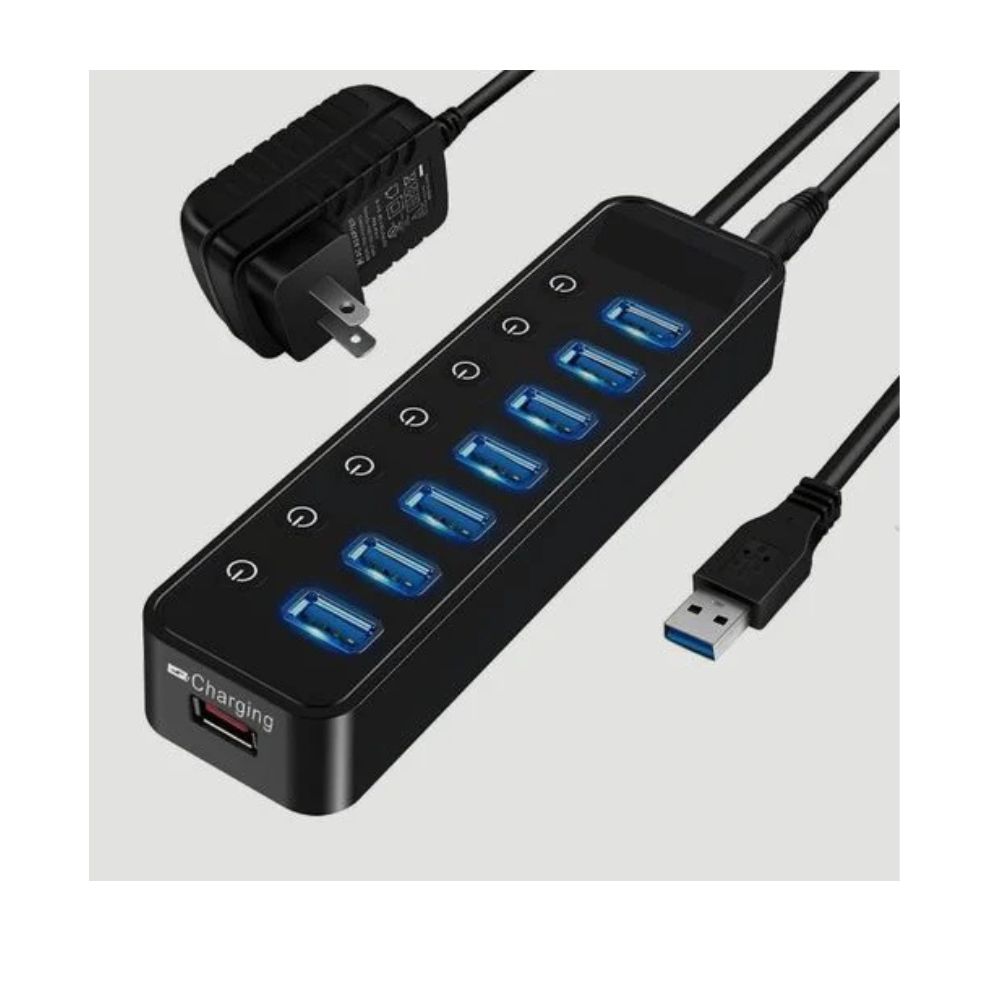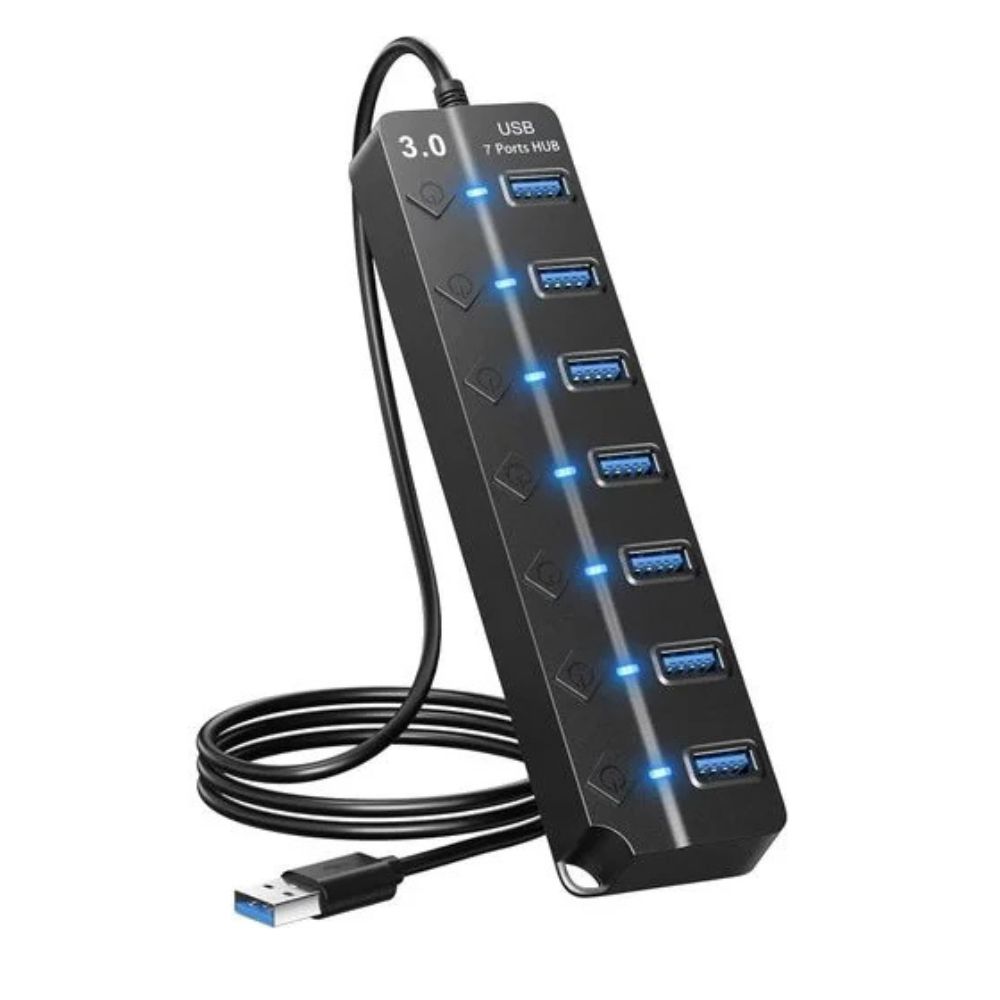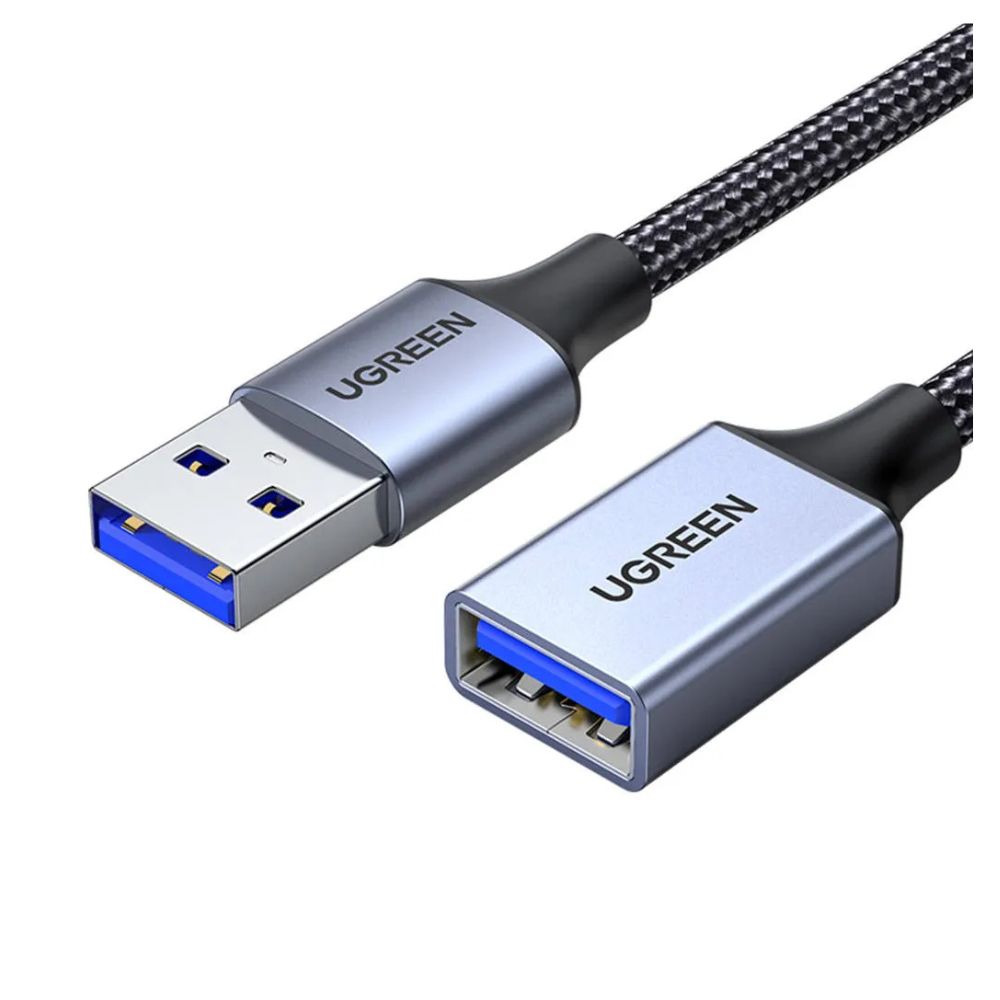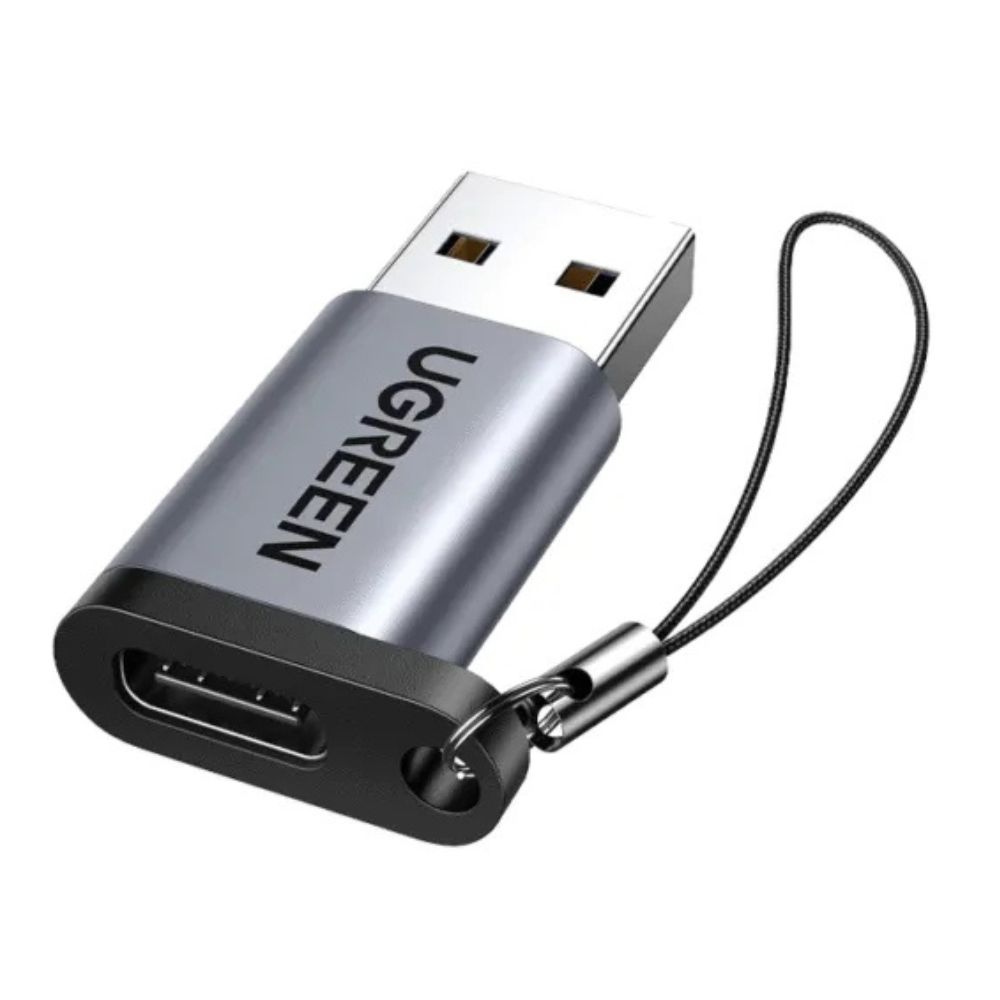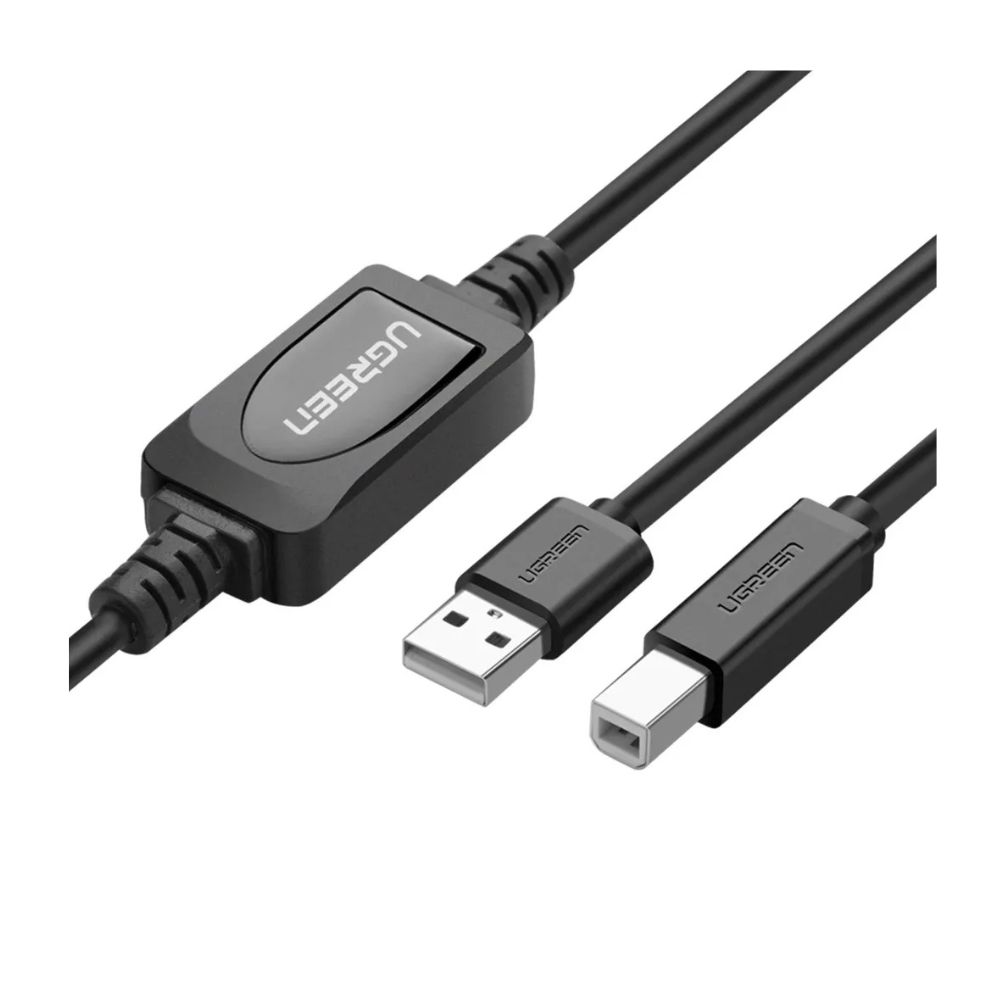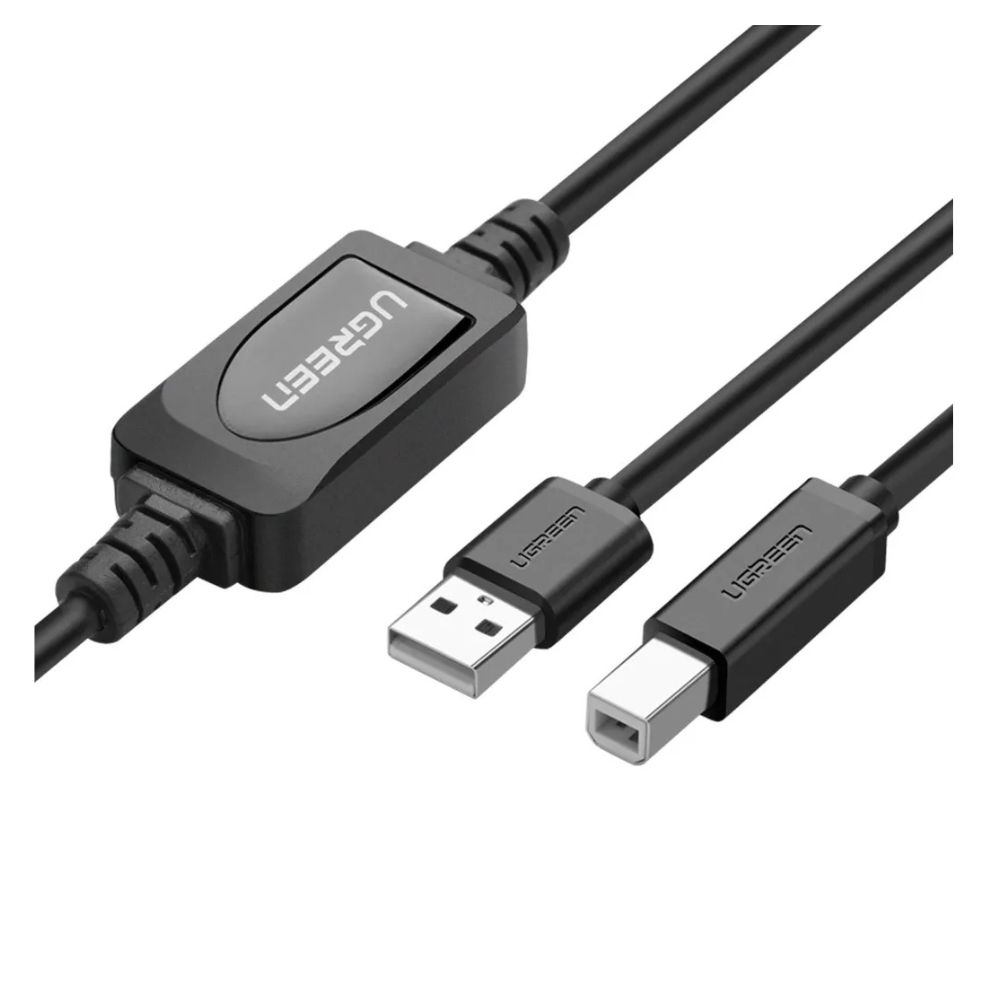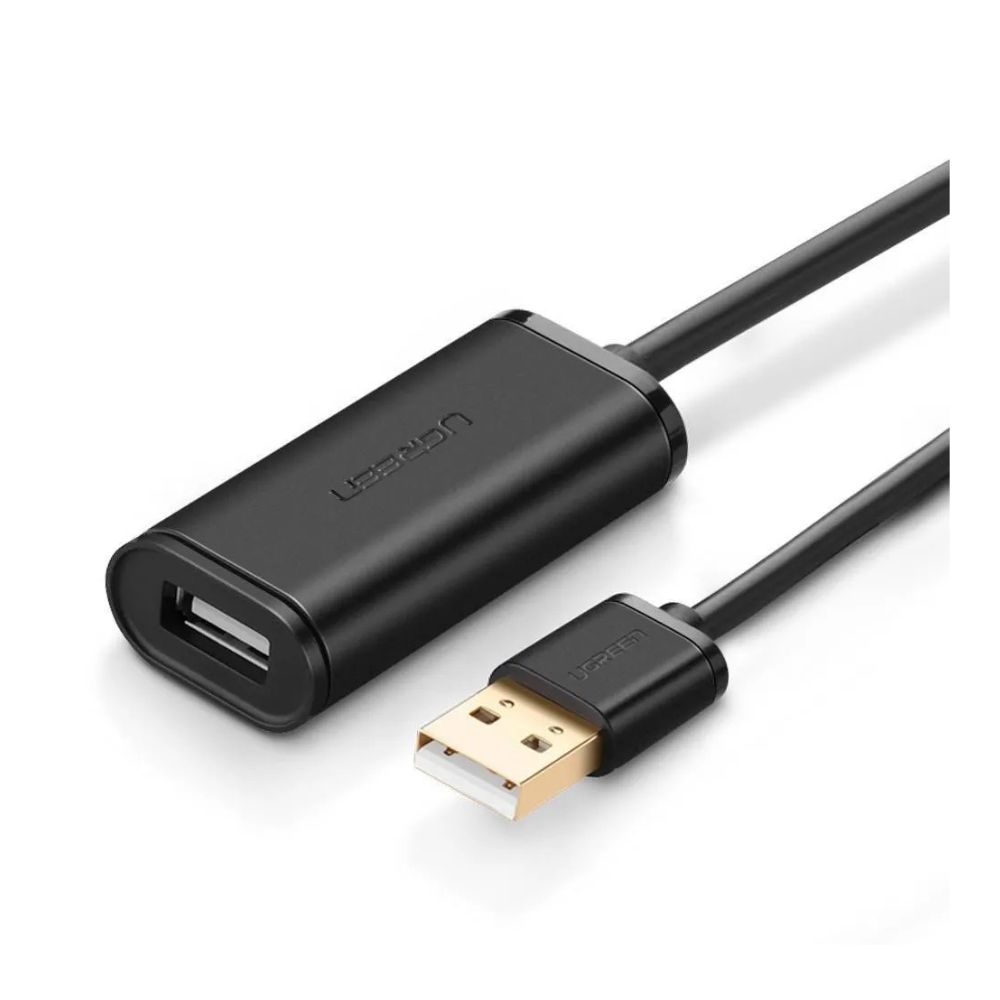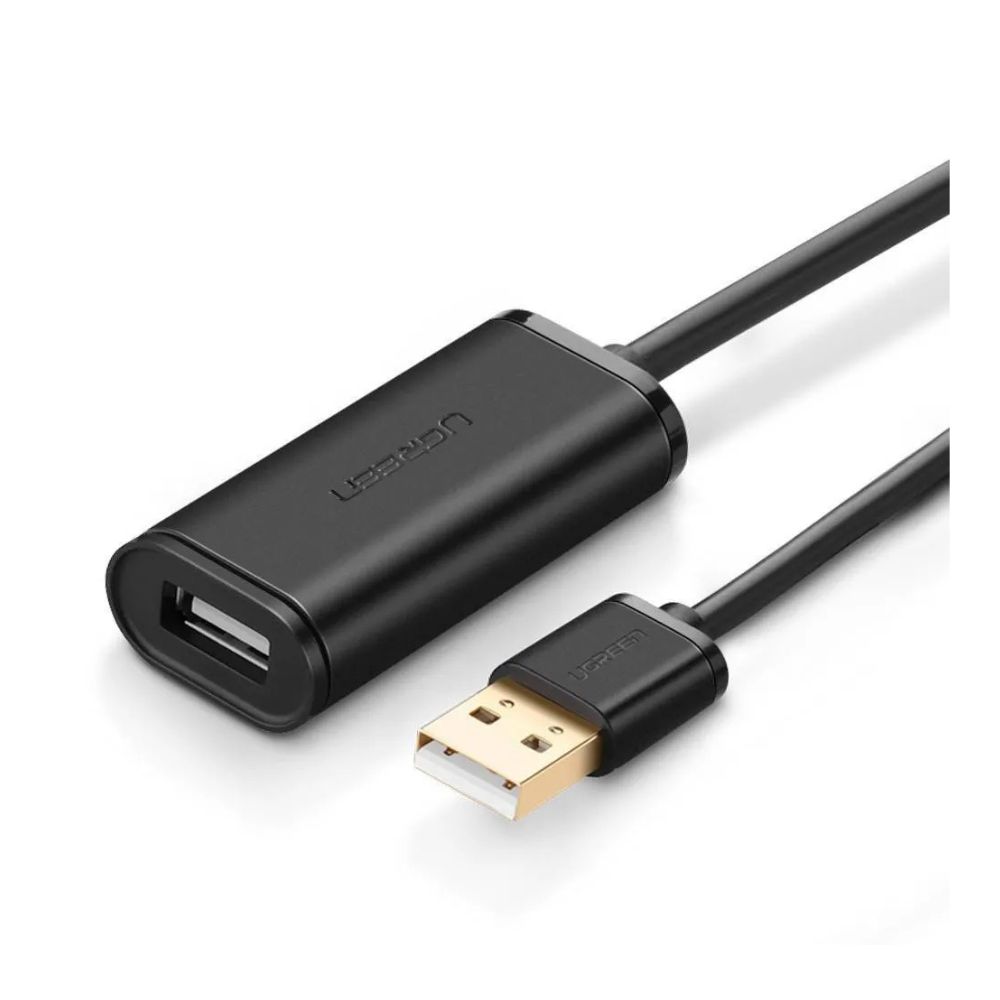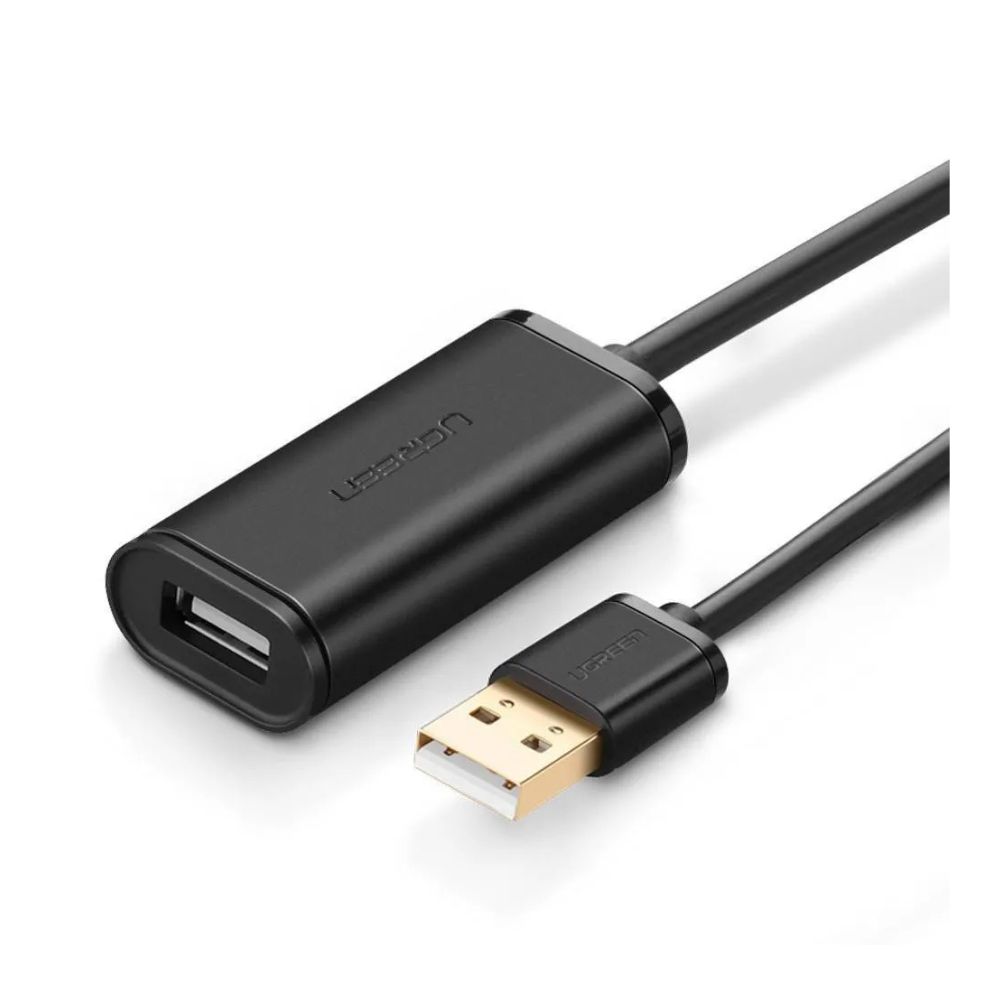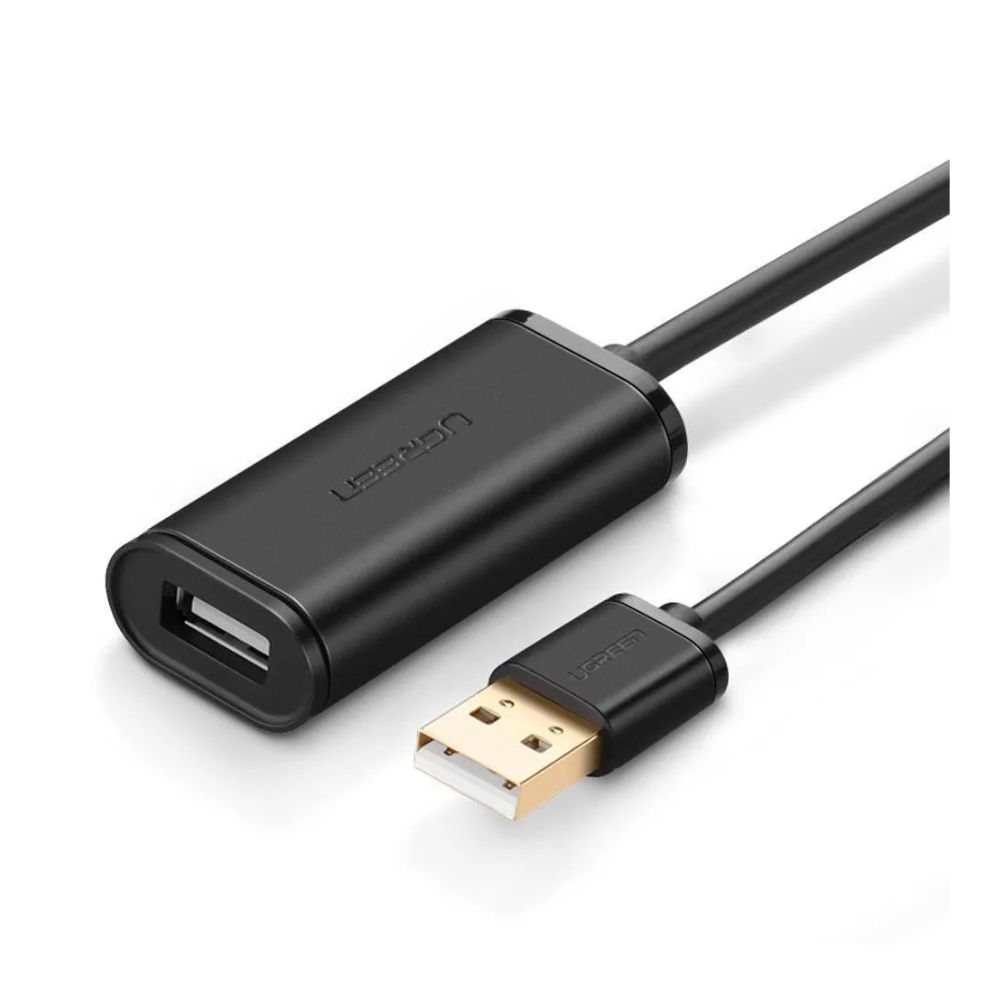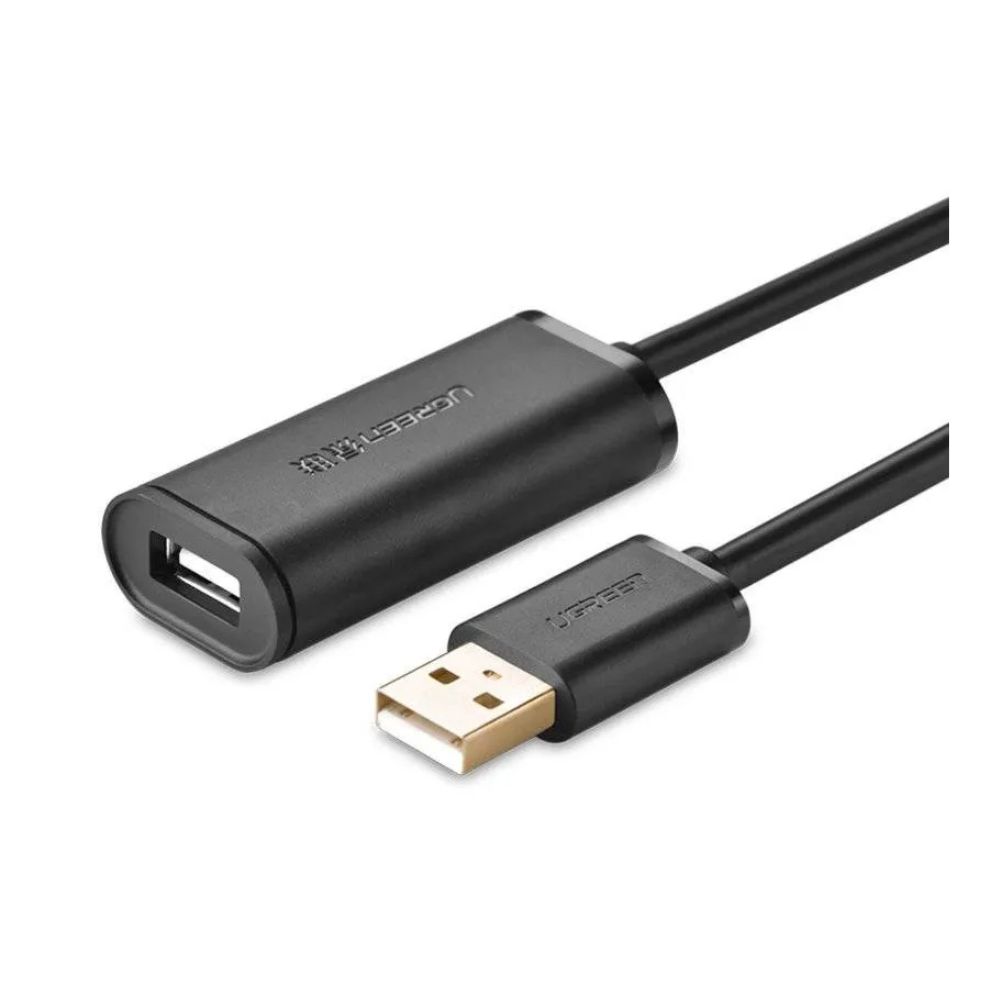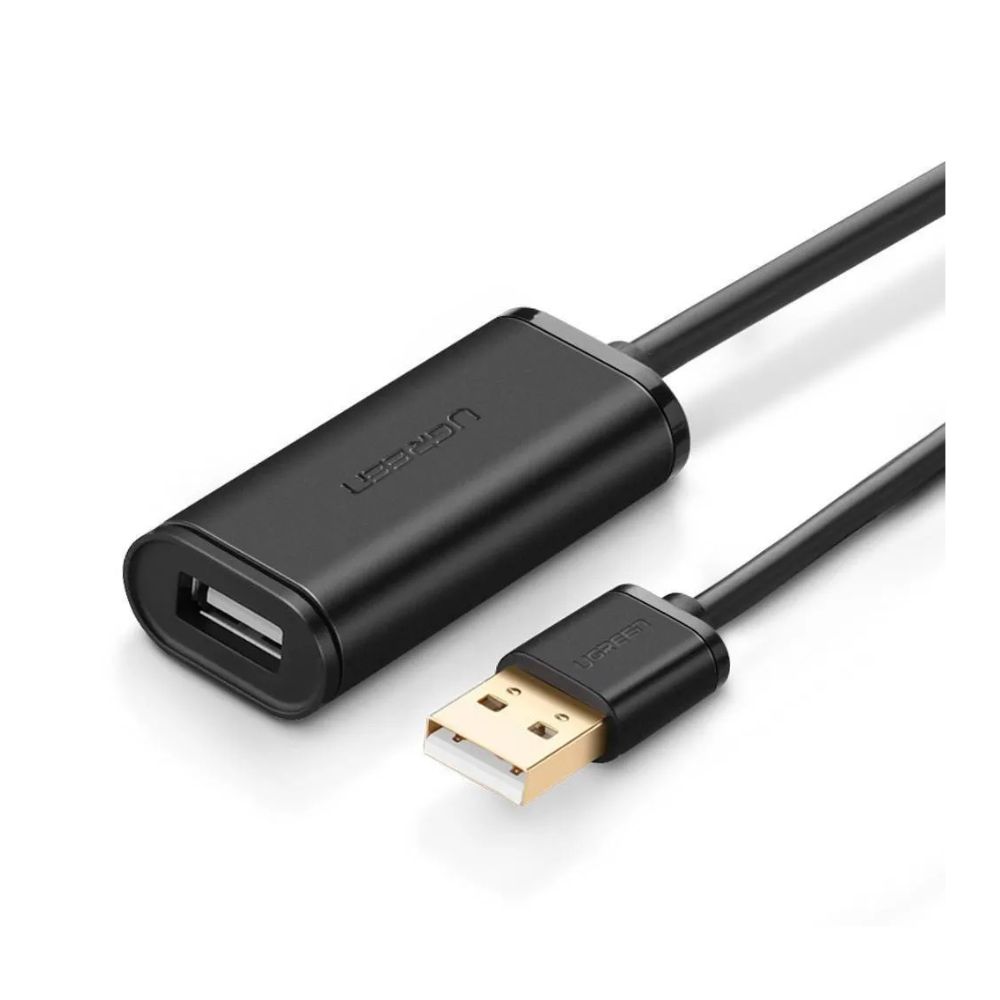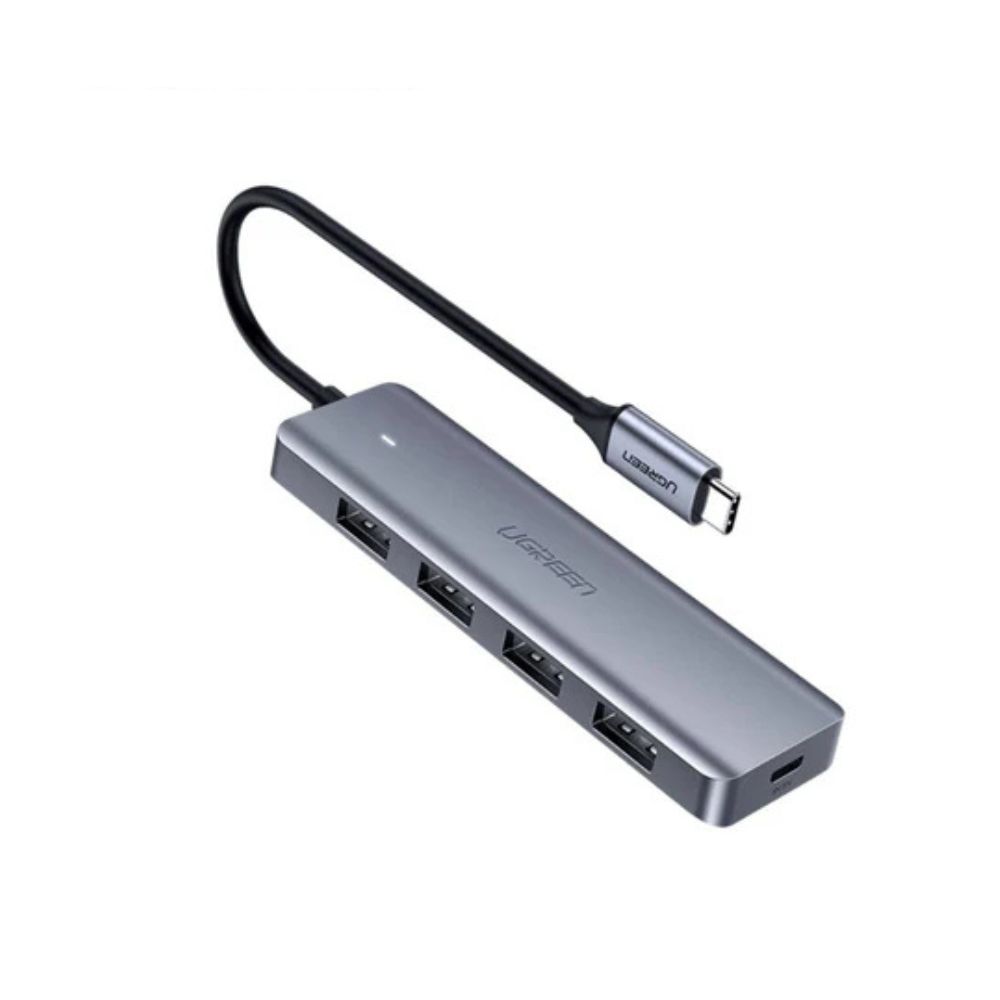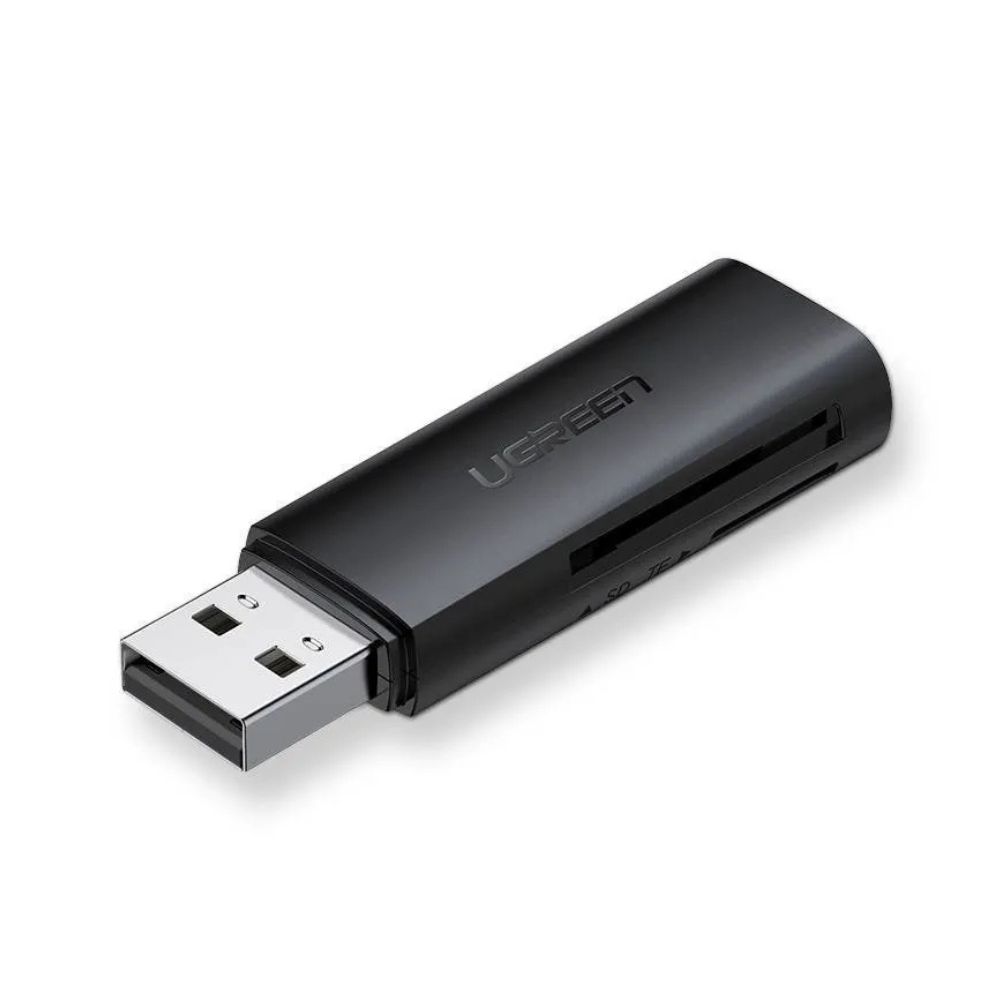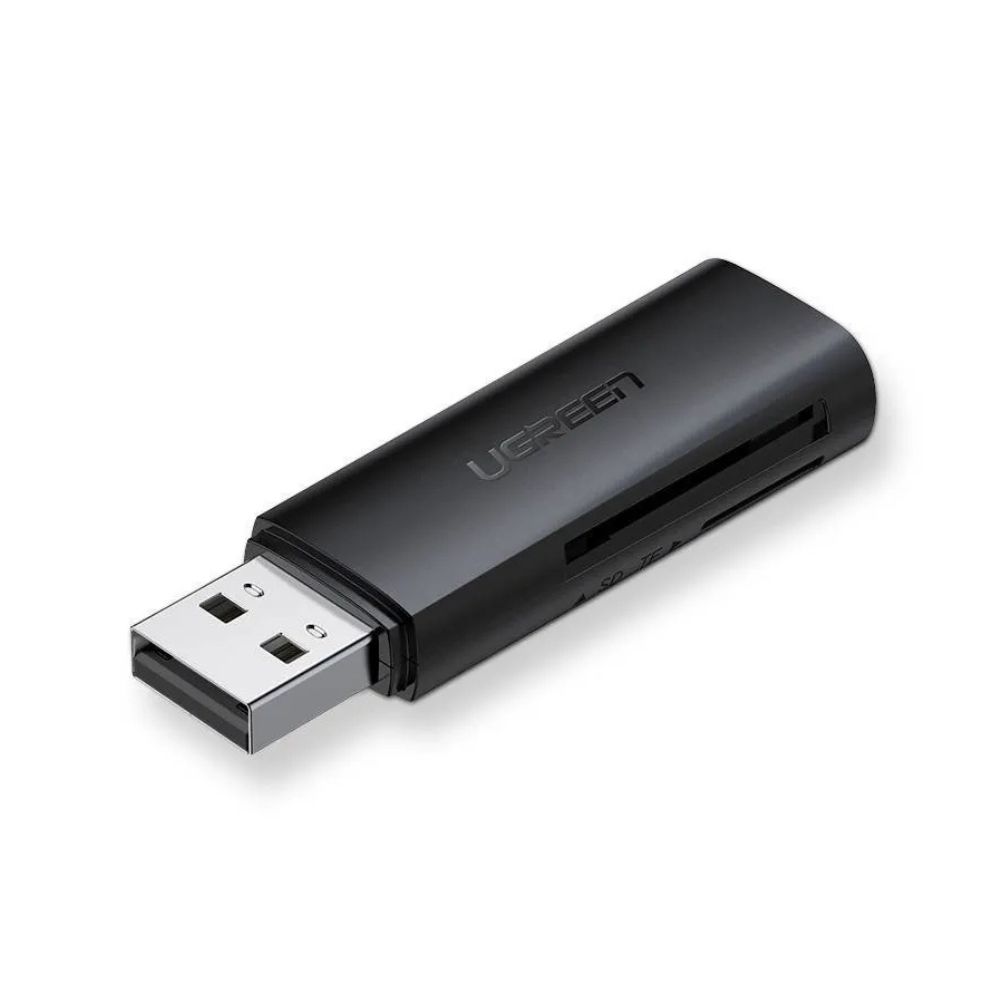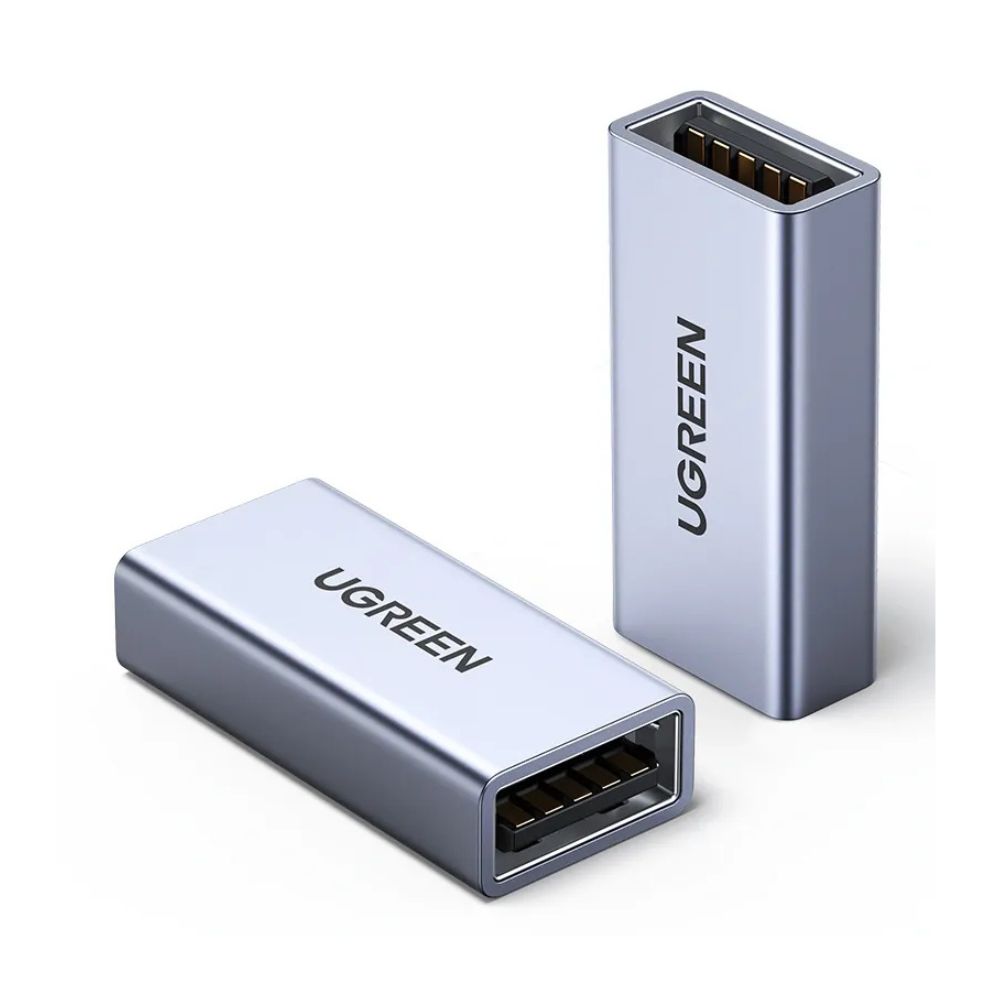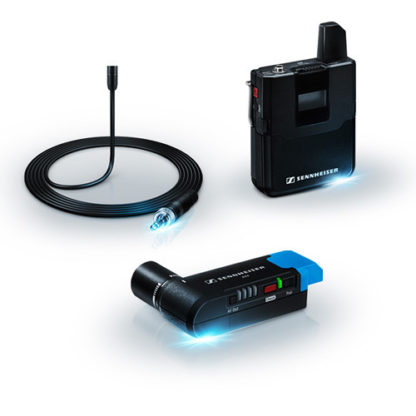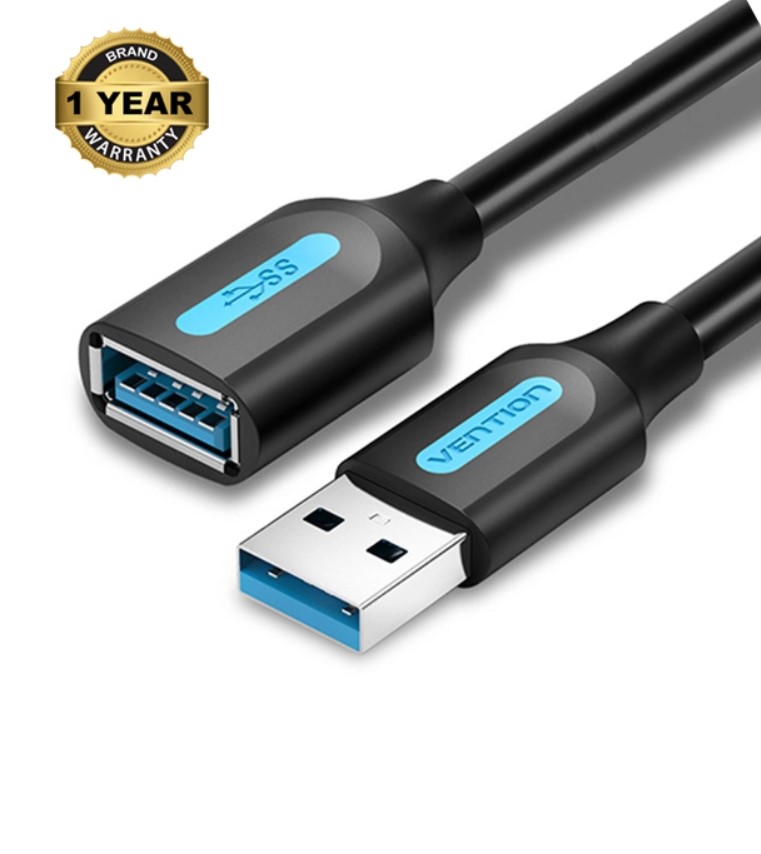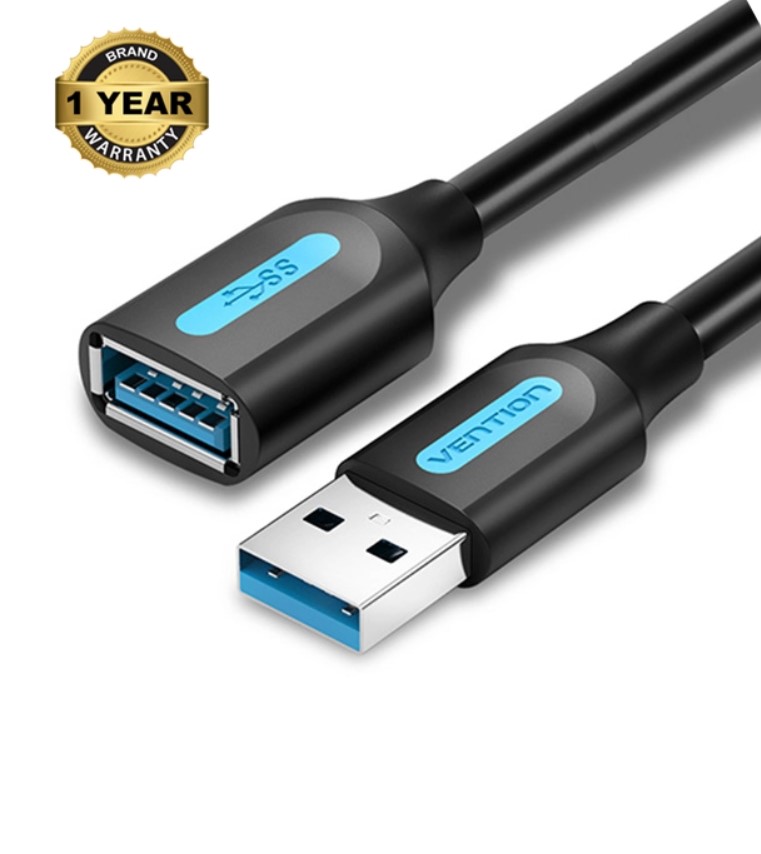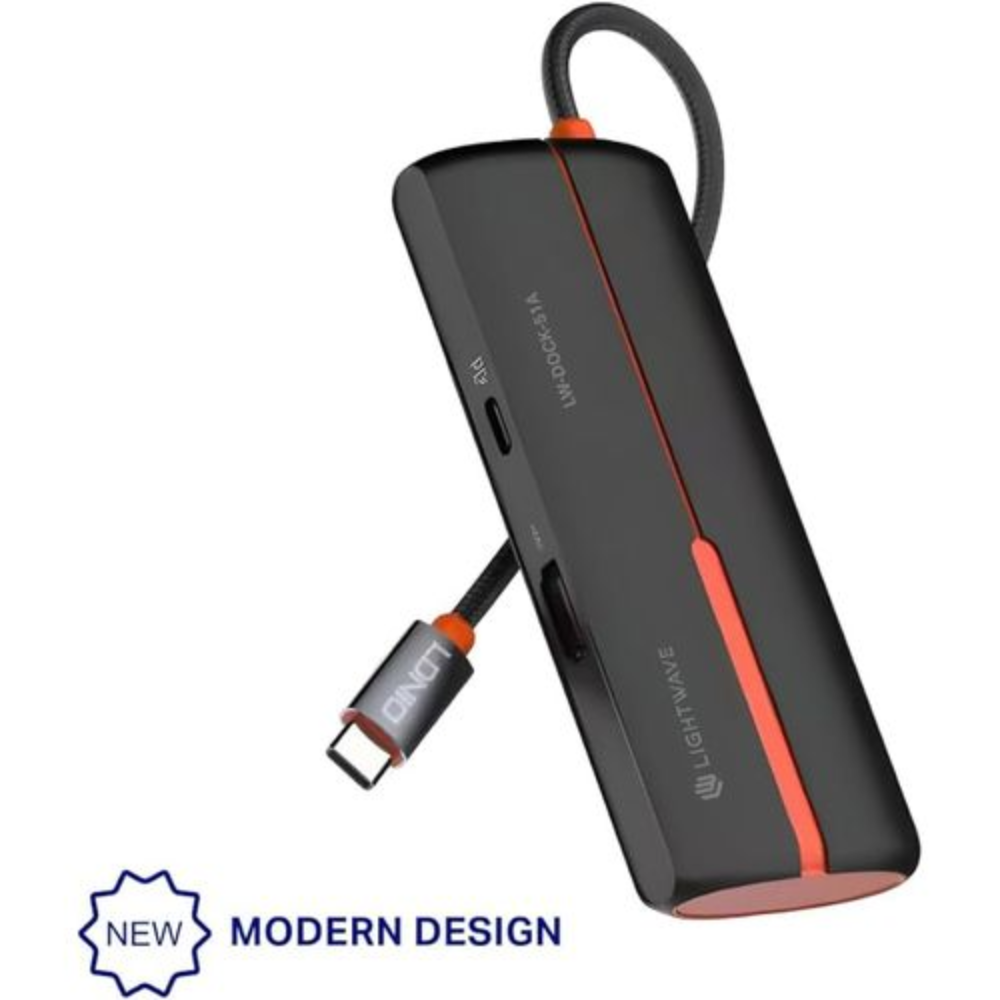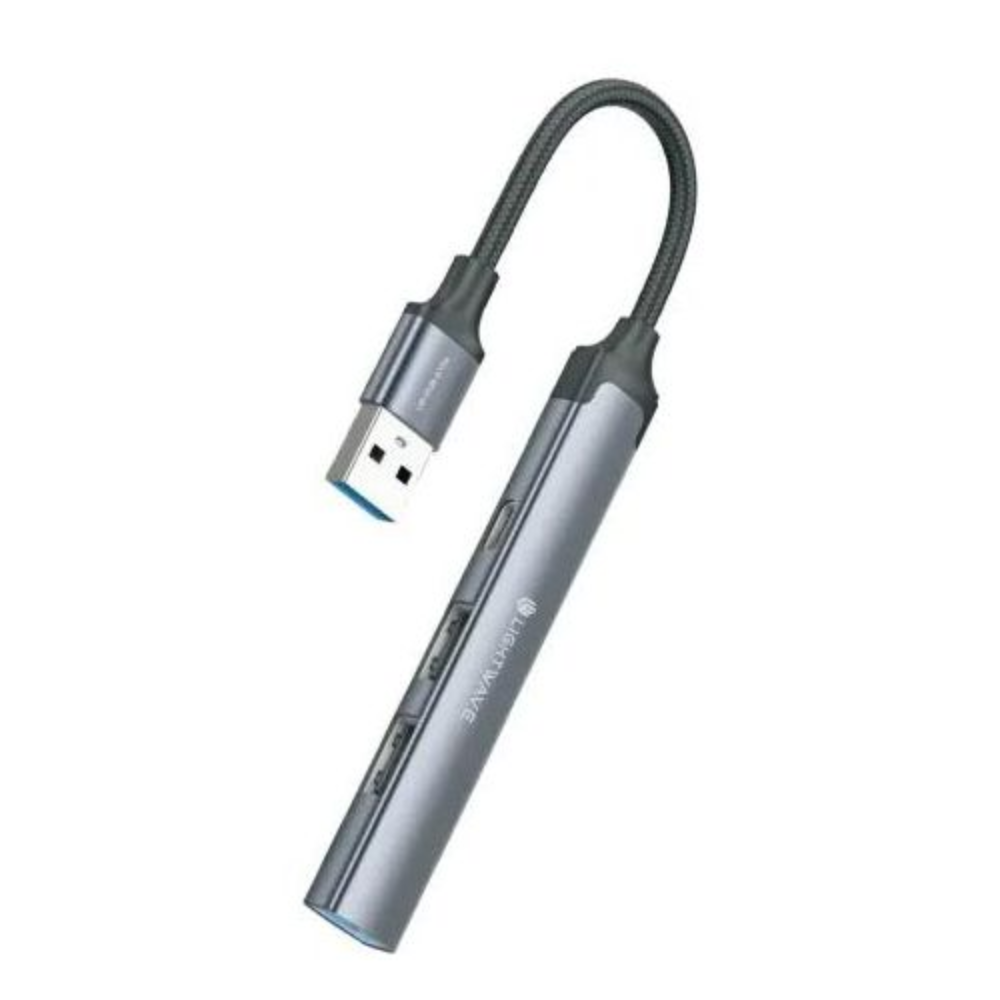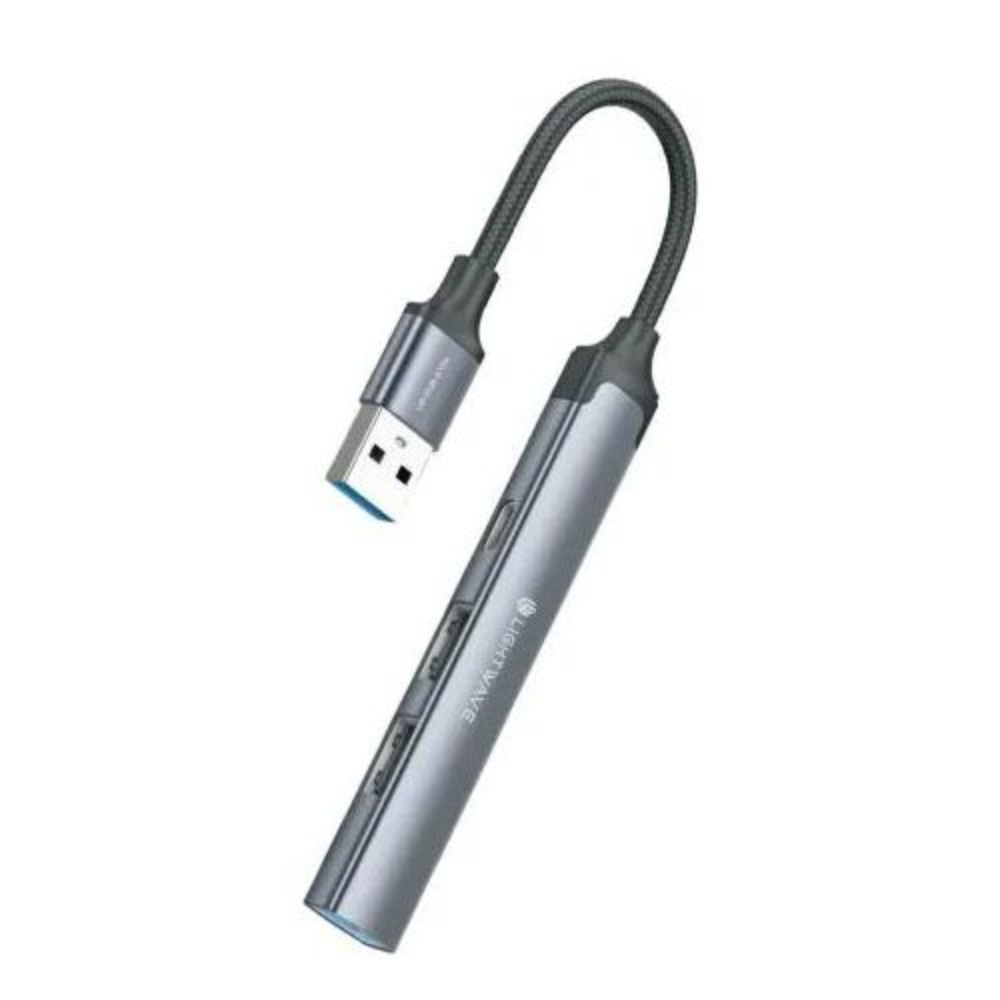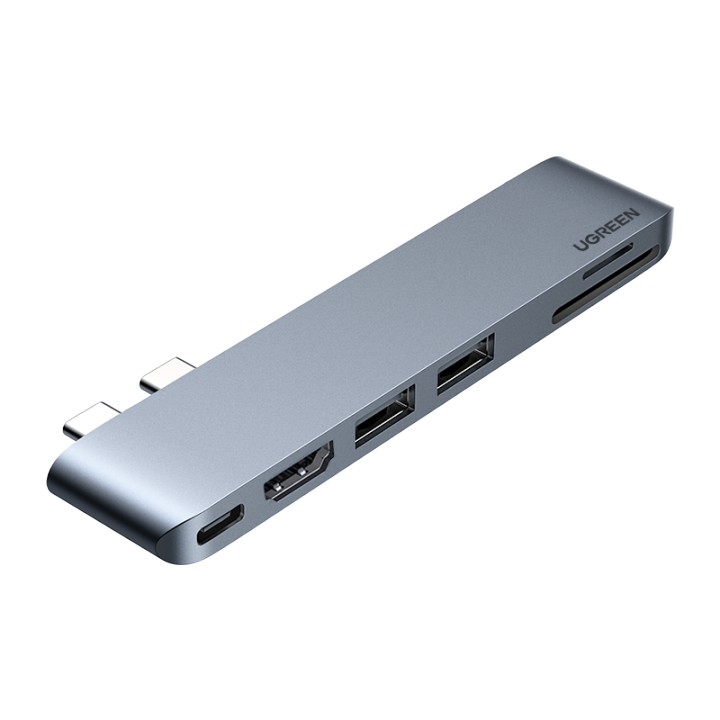Why You Need a USB Hub
USB hubs are essential for anyone who needs additional ports for connecting multiple devices to their computer or laptop. With modern laptops often limited to just a few USB ports, a USB hub provides a convenient solution to expand connectivity, making it easy to plug in external hard drives, keyboards, mice, printers, and more. USB hubs are perfect for creating a streamlined and efficient workstation setup without constantly switching cables.
Types of USB Hubs and Their Benefits
Standard USB Hubs
Standard USB hubs provide multiple USB-A ports for connecting devices like flash drives, keyboards, and other peripherals. They’re ideal for those who need to expand their port options without requiring advanced features, making them a cost-effective solution for everyday use.
Powered USB Hubs
Equipped with their own power source, powered USB hubs can handle multiple high-energy devices, such as external hard drives and scanners, without drawing power from your laptop. This type of hub is perfect for users with power-intensive devices, ensuring reliable connections.
USB-C Hubs
As USB-C ports become more common, USB-C hubs offer versatile connectivity, providing a range of port types, including HDMI, Ethernet, SD card readers, and more. These hubs are perfect for users who need a multi-functional device, making them ideal for connecting laptops to external monitors and other peripherals.
Key Features to Consider in a USB Hub
- Port Variety and Number
Choose a USB hub with enough ports to meet your connectivity needs. Some hubs offer a mix of USB-A, USB-C, and other ports, allowing you to connect multiple device types. - Data Transfer Speed
For users transferring large files, a USB hub with high-speed ports (such as USB 3.0 or USB-C) ensures fast and efficient data transfer, reducing wait times.
Boost Your Workspace Efficiency with a USB Hub
A USB hub is an invaluable accessory that simplifies device management and enhances productivity. Explore a range of USB hubs to find the ideal model that keeps all your devices connected and your workspace organized.
USB Hubs
USB Hub
In a world where technology continuously evolves, having the right tools to connect and manage devices is crucial. USB hubs have become a fundamental accessory for many users, allowing them to expand connectivity and enhance productivity. Whether you’re a student, a remote worker, or a gamer, understanding USB hubs and their features can help you make the best choice for your needs.
What is a USB Hub?
A USB hub is a device that expands the number of available USB ports on your computer, enabling you to connect multiple devices at once. With a USB hub, you can connect peripherals such as keyboards, mice, printers, external hard drives, and more without constantly switching cables. This convenience is especially beneficial for laptops with limited ports.
Types of USB Hubs
1. Powered USB Hubs
Powered USB hubs have their own external power source, allowing them to provide more power to connected devices. This makes them ideal for high-power devices such as external hard drives, cameras, and other peripherals that require additional energy. If you frequently connect multiple devices, a powered USB hub is a great investment.
2. Unpowered USB Hubs
Unpowered USB hubs draw power directly from your computer’s USB port, which makes them smaller and more portable. While they’re suitable for low-power devices like mice and keyboards, they may struggle with high-power devices or multiple connections at once. Unpowered hubs are ideal for users who need basic connectivity without the need for additional power.
Key Features to Look for in a USB Hub
Number of Ports
The number of ports is a crucial factor when selecting a USB hub. Depending on your needs, you might require a hub with four, six, or even more ports. Consider your current and future connectivity needs to choose the right number of ports.
USB Version Compatibility
USB hubs come in different versions, including USB 2.0, USB 3.0, and USB-C. Ensure that the hub you choose is compatible with your devices. USB 3.0 hubs offer faster data transfer speeds compared to USB 2.0, making them a better choice for high-performance peripherals.
Build Quality and Design
A sturdy build is essential for a USB hub, especially if you plan to use it frequently. Look for hubs made from durable materials. Additionally, consider the design, as some hubs are compact and portable, while others may offer more robust features at the cost of portability.
Additional Features for USB Hub
Many modern USB hubs come with extra features such as SD card slots, HDMI outputs, and Ethernet ports. These additional functionalities can enhance your connectivity options, making the hub more versatile for various tasks.
Choosing the Right USB Hub for Your Needs
For Casual Users
If you only need to connect a couple of devices, an unpowered USB hub with four to six ports will suffice. These hubs are lightweight and portable, making them easy to carry for travel or school.
For Power Users
If you frequently connect high-power devices or need to charge multiple gadgets, opt for a powered USB hub. Look for a model with at least seven ports and fast data transfer capabilities for optimal performance.
For Versatile Use
For those who use various devices and require flexibility, consider a multi-functional USB hub that includes extra features like HDMI ports or card readers. These hubs can simplify your workspace and reduce the number of adapters needed.
Conclusion
USB hubs are indispensable accessories in today’s digital age, providing the connectivity solutions needed to keep up with our technology-driven lives. By expanding the number of available USB ports and offering additional features, they enhance productivity and organization. Whether you’re a casual user or a power user, choosing the right USB hub can transform your workspace and simplify your device management. Explore the options available and find the perfect USB hub to enhance your digital experience today!

